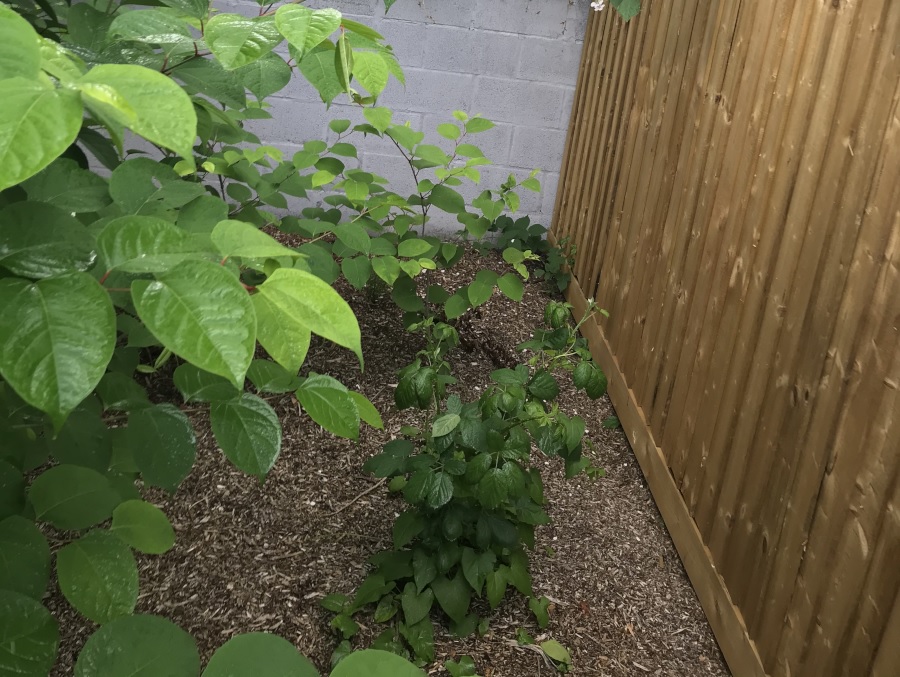
Japanese knotweed, also known as Fallopia japonica, is an infamous weed, and quite possibly a homeowner’s worse nightmare. It’s such a problematic species that planting it or encouraging its growth is an offence in the UK under the Wildlife and Countryside Act 1981.
If you couldn’t tell from the name, Japanese knotweed isn’t native to the UK. It was introduced to this part of the world during the Victorian era, supposedly for ornamental purposes. Since its introduction, it has blazed out of control, and is now one of the worst plants you’re likely to find on your property. But why exactly is Japanese knotweed so bad?
What Makes Japanese Knotweed So Bad?
It's a super spreader.
When conditions are right, and particularly in the summer months, knotweed can grow by as much as 10cm a day, making it one of the UK’s fastest-growing invasive weeds.
It's difficult to get rid of.
Japanese knotweed has a highly extensive and durable root system. It can burrow over two metres deep into the earth, meaning that digging up the roots is really challenging. And of course, you have to remove the entire root - if even a small fragment is left behind, the plant can regrow.
In fact, attempting to remove knotweed without proper training can actually encourage the plant to grow. Measures such as slicing the roots and disturbing the surrounding soil can actually stimulate growth.
It disrupts other plants and habitats.
Even though knotweed isn’t toxic to humans, it overtakes and dominates other natural environments, making it very hard for other plants to grow. This disrupts the natural ecosystems.
It should also be noted that Japanese knotweed is not a viable habitat for most UK-native birds, insects and mammals.
It's good at squeezing into nooks and crannies.
Knotweed stems can grow through cracks in walls, fences, tarmac and concrete. The plant has also been found growing inside drains, pipes and cavity walls. While significant structural damage is rare, Japanese knotweed can be very unsightly if allowed to grow out of control, and it has been known to block drains and can make existing structural weaknesses worse.
It reduces property value.
Japanese knotweed is such a big problem in the UK that you're legally required to disclose its presence when attempting to sell your property. Failure to disclose the presence of knotweed on your property can often be considered grounds for legal action.
If you’re trying to buy or sell a house with Japanese knotweed, we can provide you with a mortgage report to prove that your house was surveyed by a knotweed professional.
Knotweed Mortgage Reports
When dealing with Japanese knotweed, it’s always better to act sooner rather than later. Since knotweed can grow so rapidly, the longer it’s left untreated, the bigger the problem becomes.
Is your property affected by knotweed? Our professional contractors can help you rid your property of knotweed. Schedule your knotweed removal today!
Request a Japanese Knotweed Survey
